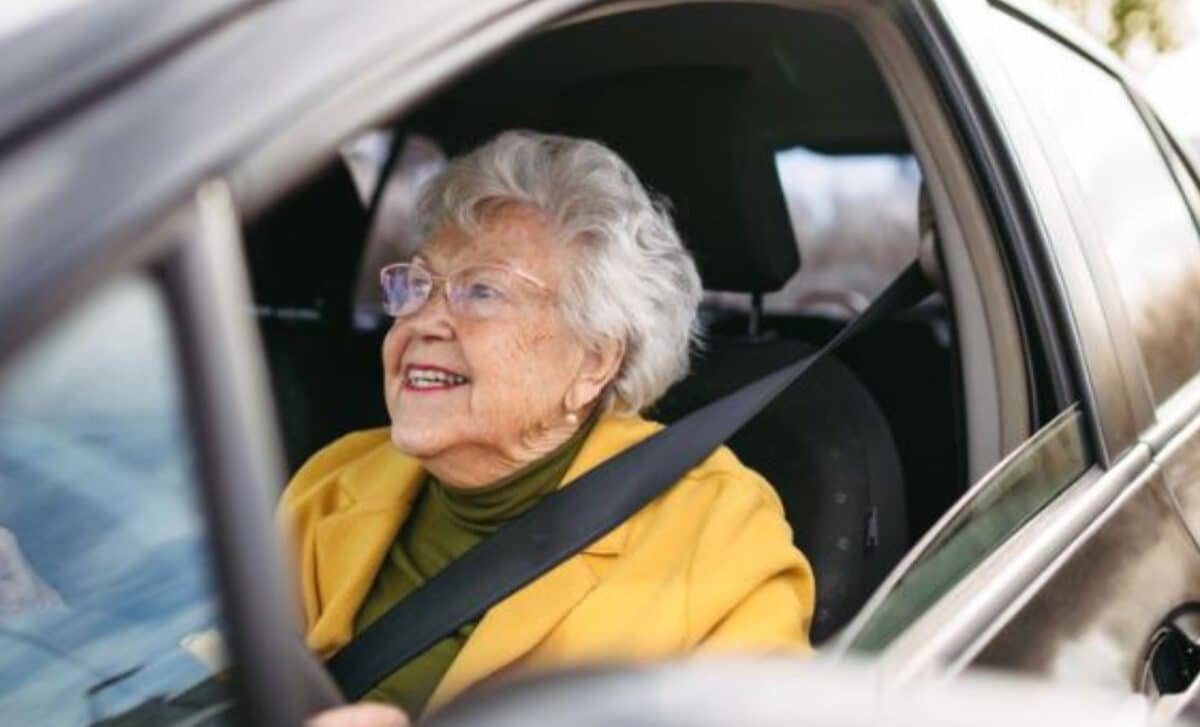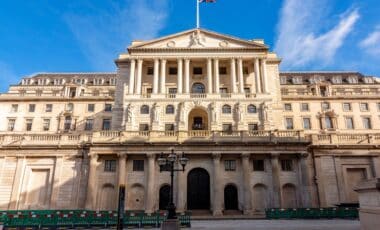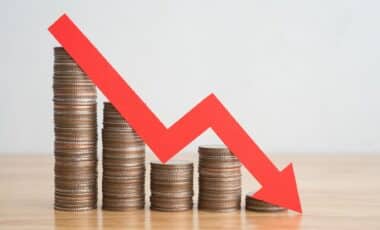The UK government is set to introduce sweeping changes to car tax rules, forcing millions of drivers to pay higher annual fees. From April 2025, electric vehicles (EVs) will no longer be exempt, and owners of older petrol and diesel cars will face steep increases in Vehicle Excise Duty (VED).
For years, EV drivers have benefited from zero road tax, encouraging more people to make the switch to cleaner transport. However, with the number of electric cars on the road increasing, the government has decided to scrap this exemption, arguing that all motorists should contribute to road maintenance.
Meanwhile, older drivers—many of whom rely on high-emission petrol and diesel vehicles—are likely to face some of the biggest tax hikes, making it more expensive than ever to keep older cars on the road.
With costs rising across the board, motorists are being urged to review their vehicle’s tax band and prepare for higher bills. But how much more will you need to pay, and who will be hit the hardest?
Electric Vehicles No Longer Exempt from Car Tax
One of the biggest changes coming in April 2025 is the removal of tax exemptions for electric vehicles (EVs). Under the current system, EV owners pay nothing in road tax, making electric cars a cheaper long-term option compared to petrol and diesel models. However, this will soon change.
A spokesperson from HM Revenue and Customs (HMRC) confirmed:
“From 1 April 2025, registered keepers of electric, zero or low-emission cars, vans, and motorcycles will need to pay vehicle tax in the same way as registered keepers of petrol and diesel vehicles. This change will apply to both new and existing vehicles.”
This means that:
- EV drivers will pay £10 in road tax for their first year.
- From year two, they will pay the same £195 standard annual rate as petrol and diesel drivers.
HMRC also clarified that:
“This new measure removes Band A under the existing VED system, which is currently £0. Vehicles in this band will be required to move to the first band where a rate becomes payable.”
For those who purchased an EV expecting long-term tax savings, this shift could come as a shock, as EVs will no longer have a financial edge over petrol or diesel cars when it comes to road tax.
Petrol and Diesel Car Owners to Face Higher Tax Bills
While electric vehicle owners will start paying road tax for the first time, petrol and diesel drivers will also be hit by rising costs.
Here’s what’s changing:
- Standard VED for petrol and diesel cars will increase to £195 per year.
- High-emission vehicles (255g/km CO2 and above) will see first-year tax rates double from £2,745 to £5,490.
- Vehicles emitting 150g/km CO2 will now pay £585 in the first year, up from £570.
- Hybrid vehicles will lose their £10 tax discount, meaning they will pay the same rate as petrol and diesel cars.
These changes mean that motorists with older, high-emission cars will see the steepest increases, as the government pushes for cleaner vehicle adoption.
Older Cars to Be Taxed at Higher Rates
Older cars, especially those registered before 2001, will face higher tax rates, making it more expensive to keep classic and older vehicles on the road.
- Vehicles registered before 2001 with engines over 1549cc will pay £360 per year (an increase of £15).
- Older vehicles with engines under 1549cc will see their tax rise from £210 to £220 per year.
For older drivers who rely on petrol or diesel vehicles, these changes could add financial strain, especially for those on fixed incomes who cannot afford to switch to a newer, more fuel-efficient model.
Why Is the Government Raising Car Tax?
The VED increase is part of the government’s long-term strategy to ensure that all drivers contribute fairly to road upkeep. With electric cars becoming more popular, the government argues that it can no longer afford to exempt EV owners from paying road tax.
Additionally, the UK is aiming to ban new petrol and diesel car sales by 2035, meaning that more drivers will eventually fall under the new tax system.
However, critics argue that removing tax exemptions for EVs could discourage green energy adoption, slowing down the transition to zero-emission transport. Some industry experts warn that higher car tax bills could put the UK at a disadvantage compared to countries that still offer tax incentives for electric vehicles.
Who Will Be Hit the Hardest?
While all drivers will see some increase in their car tax bills, certain groups will be affected the most:
1. Electric Vehicle Owners
For the first time, EV drivers will be forced to pay road tax, despite the government’s previous incentives to promote electric car adoption. This could make petrol or hybrid options more attractive in the short term.
2. Older Drivers with Petrol and Diesel Cars
Many older motorists still rely on traditional petrol or diesel vehicles, as switching to an EV is too expensive. However, they will now face higher tax rates, making it costlier to keep older cars running.
3. High-Emission Vehicle Owners
Owners of cars with high CO2 emissions will see the biggest tax hikes, particularly those with large SUVs or performance vehicles. With first-year VED rates doubling, some drivers may struggle to afford their annual road tax bills.
4. Hybrid Vehicle Owners
Hybrids were once seen as a cost-effective compromise, but the removal of their £10 tax discount means they will now pay the same tax as petrol and diesel cars.
What This Means for Drivers Moving Forward
With VED rates increasing, drivers should consider:
- Checking their car’s tax band to understand how much they will owe from April 2025.
- Factoring in road tax costs when considering switching to an electric or hybrid vehicle.
- Exploring fuel-efficient options, as high-emission cars will face steeper tax increases.
For those thinking about buying an electric vehicle, the removal of tax exemptions could make the decision more complicated. However, long-term government policies still favor EV adoption, meaning that other incentives may be introduced in the future.
As April 2025 approaches, all motorists—especially older drivers, petrol and diesel owners, and EV drivers—should prepare for higher car tax bills and potential changes in vehicle costs.










Politicians no longer have anywhere to hide from all of the lies and deceit used to become elected and how they promote themselves and their fellow politicians from all parties!
Using the latest scare mongering tactics about global warming and other such like, easy targets such as drivers who are now locked into electric vehicles having been persuaded to purchase in stead of normal road vehicles, and then there are those people of limited means who cannot afford any sort of new vehicle and have to remain with either the same vehicle they already owned, or, had to buy the same petrol or diesel powered cars they already owned.
Politicians now, instead of accepting these facts and helping the really few people who have no choice but to remain with petrol or diesel vehicles, have chosen to force onto these few people what can only be described as a draconian attack of immeasurable consequences on those who invariably have always ensured full payment of what is due in taxes from government and have borne more than their fair share of being taxed by politicians during their lives and to now be subjected to what can only be truly described as a vindictive attack on those who are least likely to complain and accept ‘MEAKLY’ whatever is added to their burden by politicians, politicians who, already knowing these few people need the use of a vehicle for their daily lives.
In short politicians are deliberately, knowingly, seeking to charge extra and remove funds from people who they know will not complain in order to falsify figures to distort in a positive way figures surrounding UK politicians global aspirations to prove the UK leads the way in taking action to stop global warming at the expense of helpless, usually pensioners and similar who are the easiest of targets to pick on and extort monies from whilst politicians from all parties ‘buddy’ up in support of each other in the use of these disgraceful underhand tactics and at the same time protecting their friends in industry and sheltering their families from the effects of these enforced money money grabbing methods with the cushioning use of parliamentary expenses, high political salaries and all the other ‘perks’ given to politicians and their families.
In short, tough luck, we are alright, look after yourselves because we are looking after ourselves!